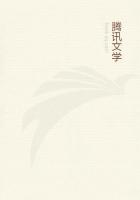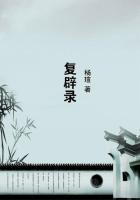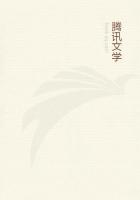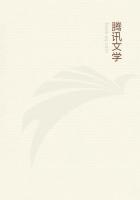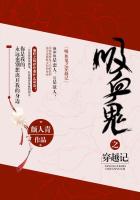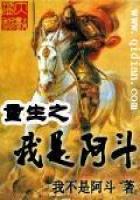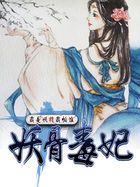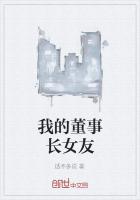Again:-,. . . Or, if I take a piece of leather and work it up into a pair of shoes, the shoes are my wages--the reward of my exertion. Surely they are not drawn from capital--either my capital or anybody else's capital--but are brought into existence by the labour of which they became the wages; and, in obtaining this pair of shoes as the wages of my labour, capital is not even momentarily lessened one iota. For if we call in the idea of capital, my capital at the beginning consists of the piece of leather, the thread, &c.
It takes away one's breath to have such a concatenation of fallacies administered in the space of half a paragraph. It does not seem to have occurred to our economical reformer to imagine whence his "capital at the beginning," the "leather, thread, &c." came. I venture to suppose that leather to have been originally cattle-skin; and since calves and oxen are not flayed alive, the existence of the leather implies the lessening of that form of capital by a very considerable iota. It is, therefore, as sure as anything can be that, in the long run, the shoes are drawn from that which is capital par excellence; to wit, cattle. It is further beyond doubt that the operation of tanning must involve loss of capital in the shape of bark, to say nothing of other losses; and that the use of the awls and knives of the shoemaker involves loss of capital in the shape of the store of iron; further, the shoemaker has been enabled to do his work not only by the vital capital expended during the time occupied in making the pair of shoes, but by that expended from the time of his birth, up to the time that he earned wages that would keep him alive.
"Progress and Poverty" continues:-,. . . As my labour goes on, value is steadily added until, when my labour results in the finished shoes, I have my capital plus the difference in value between the material and the shoes. In obtaining this additional value--my wages--how is capital, at any time, drawn upon?
In return we may inquire, how can any one propound such a question?
Capital is drawn upon all the time. Not only when the shoes are commenced, but while they are being made, and until they are either used by the shoemaker himself or are purchased by somebody else; that is, exchanged for a portion of another man's capital. In fact (supposing that the shoemaker does not want shoes himself), it is the existence of vital capital in the possession of another person and the willingness of that person to part with more or less of it in exchange for the shoes--it is these two conditions, alone, which prevent the shoemaker from having consumed his capital unproductively, just as much as if he had spent his time in chopping up the leather into minute fragments.
Thus, the examination of the very case selected by the advocate of the doctrine that labour bestowed upon manufacture, without any intervention of capital, can produce wages, proves to be a delusion of the first magnitude; even though it be supported by the dictum of Adam Smith which is quoted in its favour ,"The produce of labour constitutes the natural recompense or wages of labour. In that original state of things which precedes both the appropriation of land and the accumulation of stock, the whole produce of labour belongs to the labourer. He has neither landlord nor master to share with him" ("Wealth of Nations," ch. viii).
But the whole of this passage exhibits the influence of the French Physiocrats by whom Adam Smith was inspired, at their worst; that is to say, when they most completely forsook the ground of experience for a priori speculation. The confident reference to "that original state of things" is quite in the manner of the Essai sur l'Inegalie. Now, the state of men before the "appropriation of land" and the "accumulation of stock" must surely have been that of purely savage hunters. As, by the supposition, nobody would have possessed land, certainly no man could have had a landlord; and, if there was no accumulation of stock in a transferable form, as surely there could be no master, in the sense of hirer. But hirer and hire (that is, wages) are correlative terms, like mother and child. As "child" implies "mother," so does "hire" or "wages" imply a "hirer" or "wage-giver." Therefore, when a man in "the original state of things" gathered fruit or killed game for his own sustenance, the fruit or the game could be called his "wages" only in a figurative sense; as one sees if the term "hire," which has a more limited connotation, is substituted for "wage." If not, it must be assumed that the savage hired himself to get his own dinner; whereby we are led to the tolerably absurd conclusion that, as in the "state of nature" he was his own employer, the "master" and the labourer, in that model age, appropriated the produce in equal shares!
And if this should be not enough, it has already been seen that, in the hunting state, man is not even an accessory of production of vital capital; he merely consumes what nature produces.
According to the author of "Progress and Poverty" political economists have been deluded by a "fallacy which has entangled some of the most acute minds in a web of their own spinning."
"It is in the use of the term capital in two senses. In the primary proposition that capital is necessary to the exertion of productive labour, the term "capital" is understood as including all food, clothing, shelter, &c.; whereas in the deductions finally drawn from it, the term is used in its common and legitimate meaning of wealth devoted, not to the immediate gratification of desire, but to the procurement of more wealth--of wealth in the hands of employers as distinguished from labourers".

